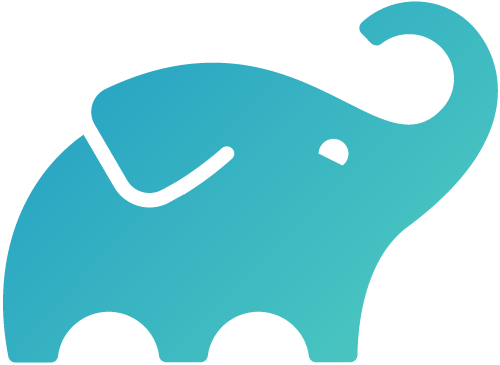March 2024
Table of Contents
IntroductionWelcome to the March 2024 Gradle Build Tool newsletter! What’s up in GradleUP? And what’s next in GradleX? See the updates from the Gradle team and the community below. Join us for the upcoming in-person and online events! |
From the CommunityBlog Posts
Videos, Slides, and Live Demos
|
From the Gradle TeamGradle 8.5 and 8.6 Releases OverviewIn February 2024, we released Gradle Build Tool 8.6. We invited our engineers to record overviews and demos for key updates in those releases, including new features, APIs, and documentation. See the full release video here.
The Gradle 8.5 and Gradle 8.6 release notes are available on our website. Thank you to the 50+ contributors for their work in these releases. Let us know your thoughts about the new features in the YouTube video comments or Community Slack. Declarative Gradle UpdatesThe team continues to work on Declarative Gradle, a new project we announced in November 2023. We published a new set of Unified Plugin Prototypes. These include experimental plugins for JVM, Android, and Kotlin Multiplatform projects built using “unified” plugins that all utilize a similar model and are implemented using the Declarative DSL. To those who are eager to try out Declarative Gradle, stay tuned! The project remains experimental and is not yet ready to test. At the same time, feedback is welcome. We launched discussion channels for Declarative Gradle: Google Summer of CodeThis year, the Kotlin Foundation and the Eclipse Foundation were accepted to Google Summer of Code (GSoC). We are working with other members of those foundations on a few Gradle project ideas and looking for interested contributors and potential mentors. Here is the current list of project ideas:
Contributors are welcome to suggest their own ideas too. For those interested in participating as a contributor this year, we published a page with the application guidelines and pointers here. New Documentation Feedback FormWe introduced new feedback forms in the user manual. Now, you can provide feedback and submit GitHub issues using the pre-configured templates. We also plan to make it easier to submit short patches soon.
Community Support and Conversation ChannelsWe’re enhancing community support and communication channels in Gradle to ensure everyone has the best possible experience participating in the community. We launched new #declarative-gradle and #github-integrations channels on the Community Slack. We also revitalized the #developer-productivity-engineering channel, which can be used for any DPE discussions. Tool hackers are welcome! Based on the feedback, we published Community Slack communication best practices. Follow them to locate the right channel for questions and ask questions in a way that can be quickly handled by volunteers doing community support. If you have any ideas about how we could improve the community experience, please share your ideas on the new gradle/community repository. We have a public board for planned and ongoing community initiatives — any ideas are welcome! |
Android Studio IguanaThis month, the Google team launched Android Studio Iguana 🦎 in the stable release channel. This release brings several improvements to Gradle integrations, including streamlined support for version catalogs that are now used by default in new projects. Read more in this announcement blog post.
|
Community Plugin HighlightsGradleX Plugins ImprovementsThe latest release of the GradleX Extra Java Module Info plugin now supports automatically generating complete module-info.class files for libraries that do not yet provide one. The content of the module-info.class is computed from the library’s metadata. New versions of the GradleX Java Module Dependencies and Java Module Testing plugins are also available. Gratatouille: Gradle Plugin as a Kotlin FunctionMartin Bonnin, who contributes to the GradleUp project, announced Gratatouille, a framework for building Gradle plugins via pure Kotlin functions. Then, the Gratatouille KSP processor generates tasks, workers, and wiring code for you. “Gratatouille enforces a clear separation between your plugin logic (implementation) and your plugin wiring (gradle-plugin), making your plugin immune to classloader issues.” You can find Gratatouille’s source code and documentation in the project repository. We also invite you to share feedback on the Gradle Forums Discussion. And here’s a delicious code sample:
Other Honorable Mentions
|
Upcoming Events
DPE Summit Call for PapersAs in previous years, Gradle will be hosting DPE Summit - an event dedicated to Developer Productivity Engineering (DPE) and Developer Experience (DX). The Summit will be held on September 24-25 in San Francisco. At this event, you can meet many expert DPE practitioners from top engineering teams, fellow Gradle users, and other community members. If you’d like to share your developer productivity stories, Gradle Build Tool or not, please submit your talk! Super Early-Bird tickets priced at $199 are also now available for anyone interested.
|
If you have some news you’d like us to share in the next issue,
let us know using the #community-news channel on the Gradle Community Slack or by mentioning @Gradle on Twitter/X.
Until next time!
— The Gradle Team

|
||||
|
Gradle Inc. | 2261 Market Street | San Francisco, CA 94114 |
||||
|





